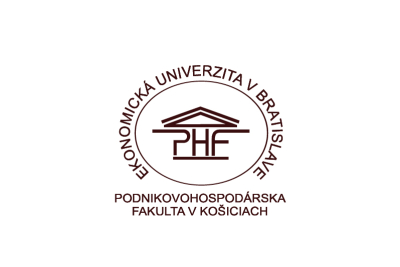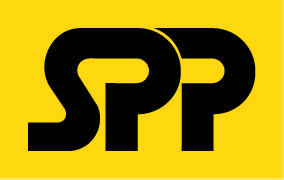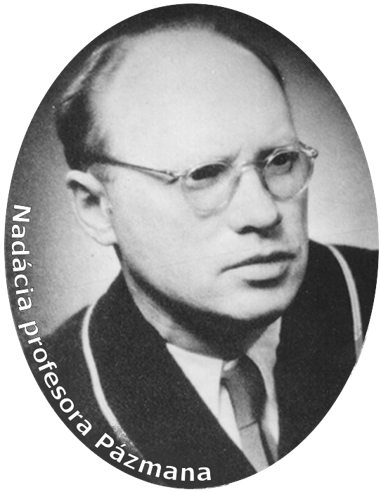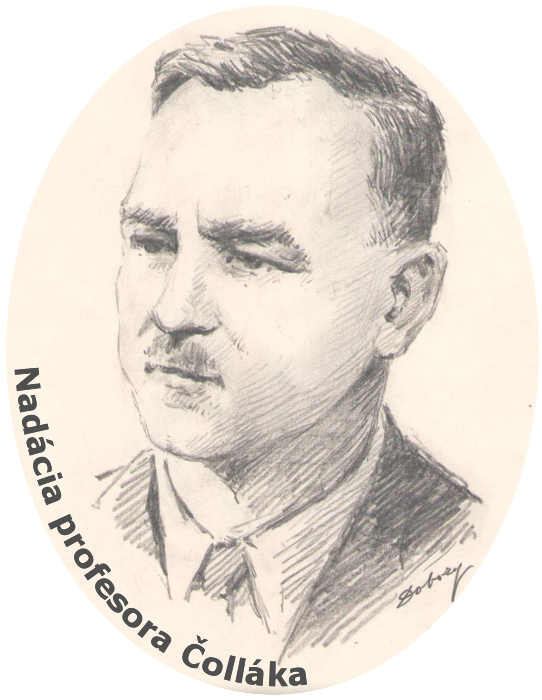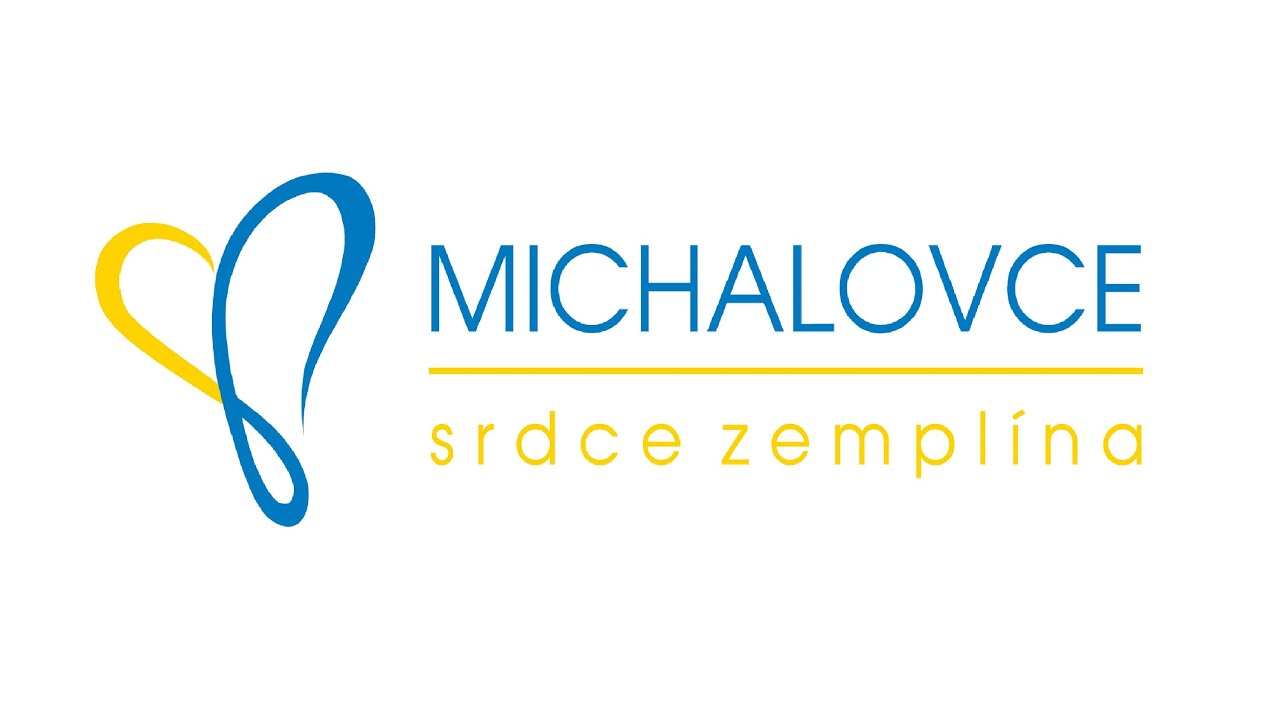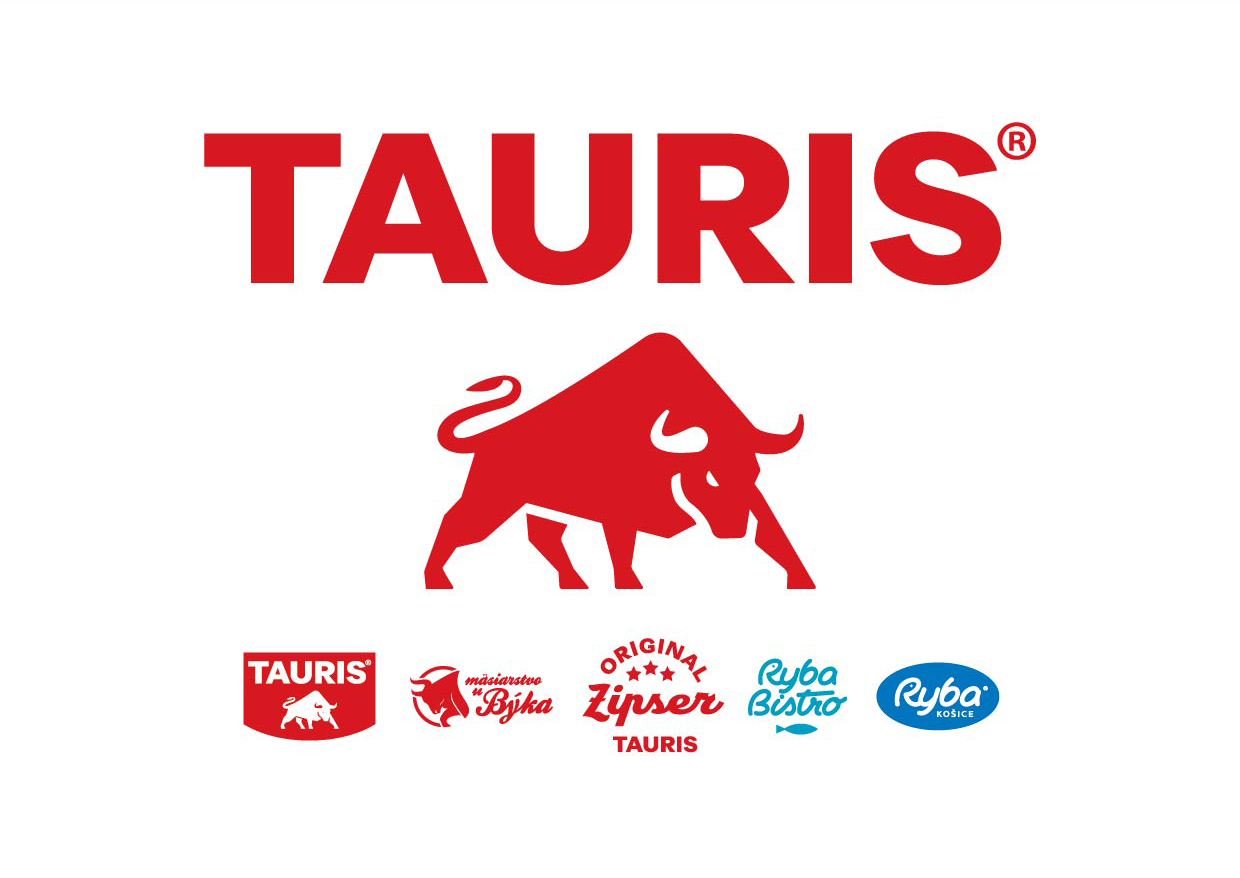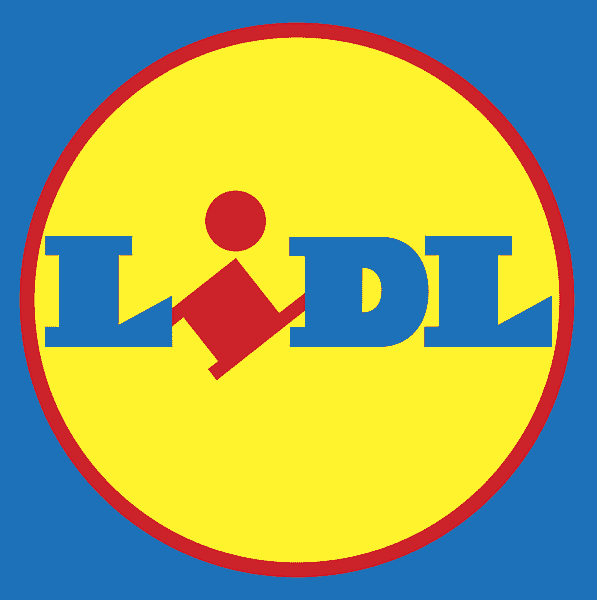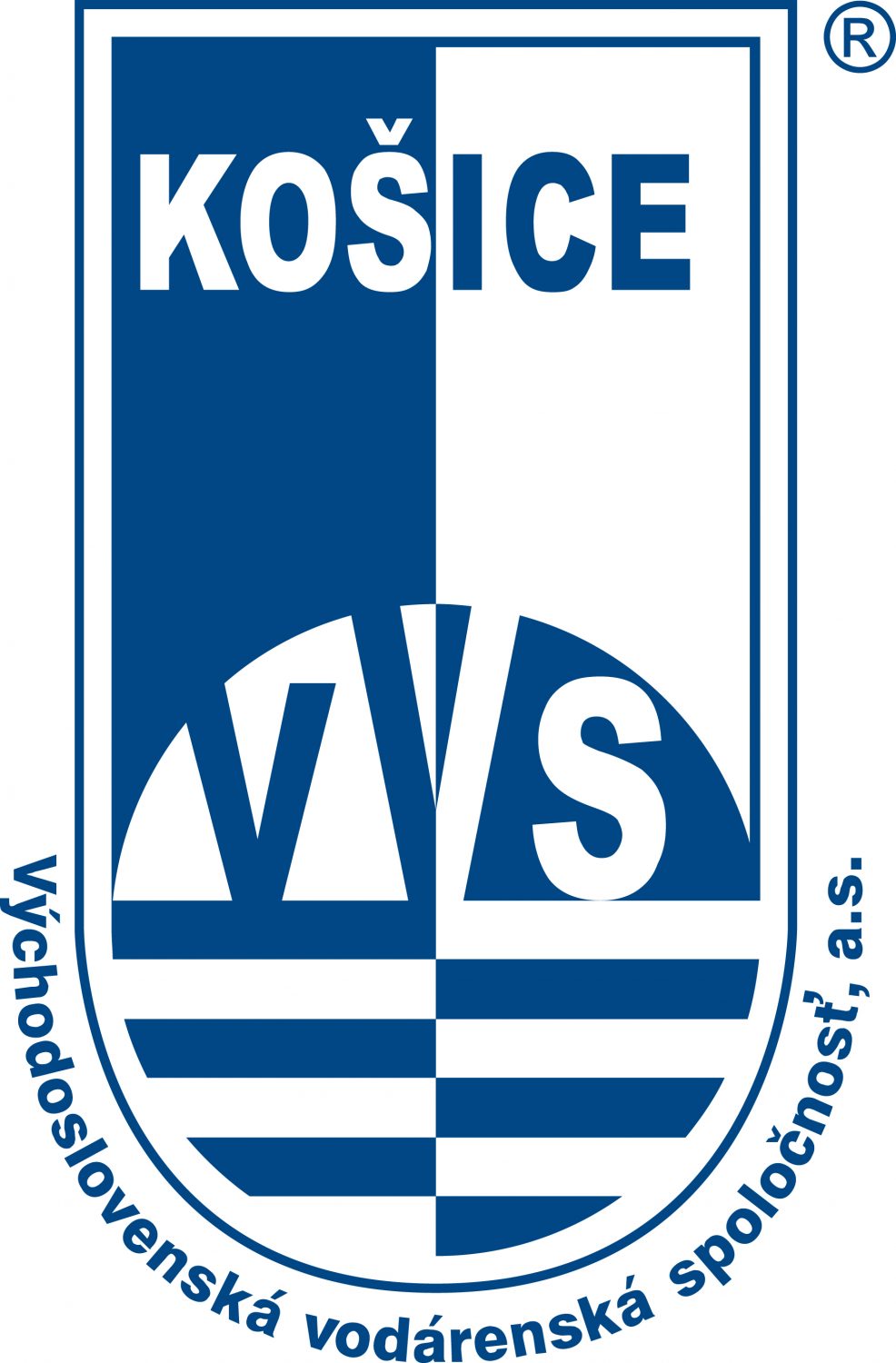Shaping EUROpean policies to promote HEALTH equitY
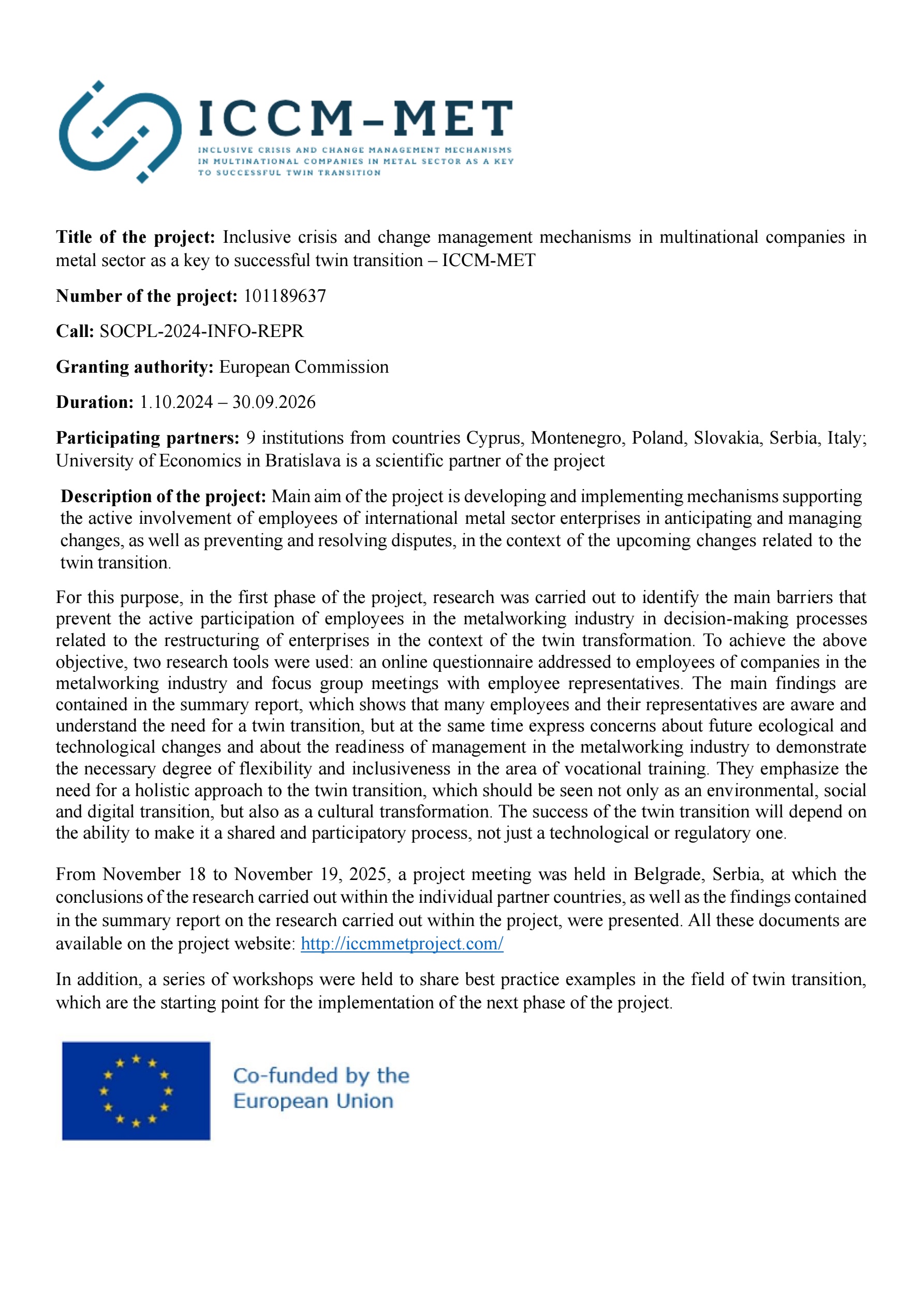
Informácie k evidencii projektov
Interná smernica č. 12/2011 - Zásady administratívneho a finančného riadenia vedeckovýskumných, vzdelávacích, rozvojových a iných projektov na Ekonomickej univerzite v Bratislave
Všeobecné informácie k projektom a grantom
Zásady
Odkazy na univerzitnú stránku venujúcu sa tejto oblasti
Project "Digital Cooperatives (E-COOP)"
Digital Cooperatives (E-COOP) website
Project Description:
European citizens do not participate equally in the Information society: in fact, the digital gap is moving down from infrastructures to uses. Based on this observation, local authorities in Europe have developed Digital Public Spaces (DPS) promoting e-inclusion.
DPS could however benefit from a network-based organization, both active IRL (“In real Life”) and online, in order to be identified by all types of populations and potential users as useful resource centres in the digital era and a qualified birthplace for local digital projects.
In this context, the “E-COOP project” partnership, gathering 12 partners from 12 EU countries (France, Italy, Greece, Sweden, Romania, Hungary, Finland, UK, Poland, Spain, Slovakia, Ireland) and representing local authorities and ICT related networks and stakeholders, has expressed the will to investigate how the DPS could evolve, based on mediation between the uses and the users, to become “E-COOPS” (digital cooperatives) and offer new services interacting in a more collaborative way with the users.
Project Aim:
The project aims at providing policy makers and relevant stakeholders with compared analysis and recommendations on digital mediation practices, identified within the partner territories, and to identify ways of enhancing regional/local public policies in implementing «E-COOPS». Each partner will actively associate its local stakeholders via local seminars or digital consultations (E-COOP academies).
Projekty štrukturálnych fondov EÚ realizované Ekonomickou univerzitou v Bratislave, na základe schválených žiadostí o nenávratný finančný príspevok
Optimalizácia systémov výživy nosníc a prípravy krmív s využitím enzymatických prípravkov na zvýšenie efektivity chovu nosníc a kvality produkcie vajec pre potravinársky priemysel
| Identifikácia projektu a dodatok zmluvy k projektu zverejnený v centrálnom registri zmlúv |
Výstavba a zabezpečenie vnútorného vybavenia vzdelávacích priestorov PHF EU v Košiciach
| Operačný program | 2620002 OP Výskum a vývoj |
| Prioritná os | 5 Infraštruktúra vysokých škôl |
| Opatrenie | 5.1 Budovanie infraštruktúry vysokých škôl a modernizácia ich vnútorného vybavenia za účelom zlepšenia podmienok vzdelávacieho procesu |
| Kód výzvy | OPVaV-2008/5.1/01-SORO |
| ITMS | 26250120006 |
| Časový rámec realizácie projektu | 01/2009 – 04/2011 |
Rekonštrukcie a modernizácie priestorov PHF EU, obstaranie IKT, vybavenia a laboratórno – technologického zariadenia
| Operačný program | 2620002 OP Výskum a vývoj |
| Prioritná os | 5 Infraštruktúra vysokých škôl |
| Opatrenie | 5.1 Budovanie infraštruktúry vysokých škôl a modernizácia ich vnútorného vybavenia za účelom zlepšenia podmienok vzdelávacieho procesu |
| Kód výzvy | OPVaV-2008/5.1/01-SORO |
| ITMS | 26250120018 |
| Časový rámec realizácie projektu | 03/2009 – 04/2013 |
Odkazy na jednotlivé inštitúcie
Európska únia - Európsky fond regionálneho rozvoja
Project „ENER-SUPPLY”
Project Description:
The use of Renewable Energy Sources (RES) and the implementation of Energy Efficiency (EE) measures in South-East Europe represent important chances to cleverly rethink the energy management. Public local administrations can play a leading role to reduce the impact on the environment and to improve the financial management within the energy field. For these reasons, it is essential for public local administration to strengthen their expertise.
In this perspective, through the ENER SUPPLY project, an assistance aimed at helping the local authorities of eleven territories within three areas were provided:
- energy management implementation
- planning of investment in RES
- promotion of investments in RES
The ENER SUPPLY project, financed by the South East Europe Transnational Cooperation Programme, is the result of a common effort of 13 partners from 11 South-East Europe countries (Italy, Greece, Bulgaria, Romania, Hungary, Slovakia, Croatia, Serbia, Macedonia, Albania, Bosnia and Herzegovina), whose Lead Partner is the Municipality of Potenza, Italy. This project started in April 2009 and was completed in March 2012.
The local administration staff working in the energy field was the final beneficiary of this project. Other stakeholders interested in the development of energetically “sustainable” processes were involved in the project activities too.
Project "ARE WE GROWING UP HEALTHY? Social norms approach to promote healthy adolescent lifestyle in Visegrad"
Goal of the Project:
The overall goal of the project is to develop, implement and evaluate feasibility of an e-intervention based on a social norms approach to promote healthy adolescent lifestyle in V4 region. Such approaches has been successfully used for health behaviours, and attitudes, such as prejudice, mostly in US and UK less in Europe. The project will utilise data sources and scientific expertise of HBSC network and in implementation phase will involve active participation of adolescents peer activists.
Project Description:
Research states that decision making by young people is influenced by perceived social norms. During childhood, peers are shown to be the most salient social referent within school children. Research also shows that this population tends to overestimate the substance use of their peers which might lead to an increased personal use. Providing youngsters with accurate information on peer behavior through personalized feedback via an internet based tool have been shown to be a useful preventive tool in the US and in Australia but rarely in Europe. Therefore our main aim is to develop, implement and test an e-health intervention among schoolchildren in V4 region.
Project involves 1500 school children in total representing an intervention group and a control group. It also involves group of experts from V4 region as well as from HBSC research group.
Project has 3 main phases:
- Formative evaluation
Consists of surveying the population for norms and believes, as well as creating appropriate normative message for intervention by an expert group.
It is usually the most expensive part of such projects. Free of charge utilisation of HBSC 2014 survey data substantially increase the feasibility of the project. - Campaign
Next participants in the intervention group get access to an internet-based tool that allows them to receive personalized feedback on their own health behaviours compared to that of their peers. After 6 month participants in each group will be invited again to answer the internet-based questionnaire. Children in the control group will be able to receive personalized feedback when the study is finished. Active engagement of trained peer activist is expected in this phase. - Summative evaluation
Examining and evaluating the progress made by an intervention.
Project "Financial knowledge and skills of young future economists in 4V Countries"
The Project is realized under Standard Grant and is sponsored by International Visegrad Fund.
Project Description:
The project is aimed in conducting the research on financial knowledge and skills, commitment to basic financial products, risk profile of the young individual investors represented by students of economics fields in Visegrad Group Countries as well as the conducting the student competition in the area of the Financial Market – savings and investment. Participants will be students of Visegrad Group Countries.
Project partners:
- University of Economics in Katowice – project coordinator
- The University of J. E. Purkyně in Ústí nad Labem
- University of Economics in Bratislava
- University of West Hungary
Partners
